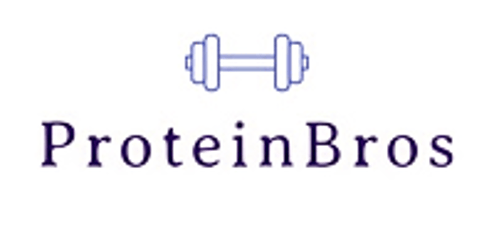Essential vitamins for fitness enthusiasts: What you're probably missing - Key nutrients for peak performance
Fitness enthusiasts often focus on their workout routines and protein intake, overlooking essential vitamins crucial for optimal performance and recovery. These micronutrients play vital roles in energy production, muscle function, and overall health. Learn more here!
12/21/20246 min read
Fitness enthusiasts often focus on their workout routines and protein intake, overlooking essential vitamins crucial for optimal performance and recovery. These micronutrients play vital roles in energy production, muscle function, and overall health.
Many active individuals are deficient in vitamins D, B12, and E, which can negatively impact their fitness goals and well-being. Addressing these common deficiencies can lead to improved endurance, faster recovery times, and enhanced muscle growth.
Understanding which vitamins are most important for fitness and how to incorporate them into a balanced diet is key for anyone serious about their athletic performance. This knowledge can help prevent nutrient gaps and support long-term health and fitness success.
Understanding Vitamins and Fitness
Vitamins play a crucial role in supporting physical performance and recovery for fitness enthusiasts. They interact with other nutrients to optimize health and athletic outcomes.
Role of Vitamins in Athletic Performance
Vitamins act as essential catalysts for various bodily functions that impact athletic performance. Vitamin C supports collagen production, aiding in tissue repair and recovery after intense workouts. B vitamins are vital for energy metabolism, helping convert food into usable fuel for muscles.
Vitamin D enhances calcium absorption, promoting bone health and reducing injury risk. Antioxidant vitamins like A and E help combat exercise-induced oxidative stress, potentially reducing muscle damage and inflammation.
Studies show that adequate vitamin intake can improve endurance, strength, and overall athletic performance. However, excessive supplementation rarely provides additional benefits and may even be harmful in some cases.
Vitamins vs. Other Nutrients: A Balancing Act
While vitamins are crucial, they work in tandem with other nutrients to support fitness goals. Proteins provide the building blocks for muscle repair and growth. Carbohydrates fuel intense workouts and aid in recovery.
Minerals like iron, magnesium, and zinc complement vitamins in various physiological processes. For example, iron works with B vitamins to support oxygen transport, while magnesium assists vitamin D in calcium absorption.
Balancing vitamin intake with proper macronutrient and mineral consumption is key. A well-rounded diet typically provides sufficient vitamins for most fitness enthusiasts. Supplementation should be considered only when dietary intake is inadequate or specific deficiencies are identified.
Vitamins Critical for Energy Metabolism
Several vitamins play crucial roles in the body's energy production processes. These nutrients support metabolic functions and help convert food into usable fuel for physical activity and exercise.
Vitamin B-Complex for Energy Production
The B-complex vitamins are essential for energy metabolism. Thiamine (B1) aids in carbohydrate metabolism and nervous system function. Riboflavin (B2) supports energy production and acts as an antioxidant. Niacin (B3) is vital for energy transfer reactions in metabolism.
Pantothenic acid (B5) helps produce energy from fats, proteins, and carbohydrates. Pyridoxine (B6) assists in protein metabolism and red blood cell formation. Biotin (B7) contributes to fat and carbohydrate metabolism.
Folate (B9) and cobalamin (B12) work together to form red blood cells and support DNA synthesis. These B vitamins are often found in:
Whole grains
Lean meats
Eggs
Leafy green vegetables
Antioxidant Vitamins: E and C
Vitamin E and C act as powerful antioxidants, protecting cells from oxidative stress during exercise. Vitamin E, found in nuts, seeds, and vegetable oils, helps maintain muscle tissue integrity and supports recovery after workouts.
Vitamin C, abundant in citrus fruits, berries, and bell peppers, aids in collagen synthesis and immune function. It also enhances iron absorption, crucial for oxygen transport during exercise
These antioxidants work synergistically to:
Reduce exercise-induced muscle damage
Support immune function
Promote faster recovery
Fitness enthusiasts should ensure adequate intake of these vitamins through a balanced diet or targeted supplementation under professional guidance.
Vitamins for Muscle Health and Recovery
Certain vitamins play crucial roles in supporting muscle health and promoting efficient recovery after exercise. These nutrients help maintain muscle strength, aid in repair processes, and contribute to overall fitness performance.
Vitamin D: Strength and Recovery
Vitamin D is essential for muscle function and strength. It helps regulate calcium absorption, which is vital for muscle contraction. Studies have shown that adequate vitamin D levels are associated with improved muscle strength and reduced risk of injury.
Vitamin D also plays a role in reducing inflammation and supporting muscle recovery after intense workouts. The recommended daily intake for adults is 600-800 IU, but athletes may benefit from higher doses under medical supervision.
Food sources rich in vitamin D include fatty fish, egg yolks, and fortified dairy products. Sunlight exposure also stimulates vitamin D production in the skin.
Vitamin A for Muscle Repair
Vitamin A is crucial for muscle repair and growth. It supports protein synthesis, which is necessary for rebuilding muscle tissue after exercise-induced damage.
This vitamin also has antioxidant properties that help protect muscles from oxidative stress caused by intense physical activity. The recommended daily intake for adults is 700-900 mcg RAE.
Good sources of vitamin A include sweet potatoes, carrots, spinach, and beef liver. It's important to note that excessive vitamin A intake can be harmful, so it's best to obtain it from a balanced diet rather than high-dose supplements.
Vitamin A works synergistically with other nutrients to support overall muscle health and recovery, making it an important part of a fitness-focused nutrition plan.
Micronutrients for Bone Health and Immunity
Calcium, vitamin K, vitamin C, and vitamin D play crucial roles in maintaining strong bones and a robust immune system. These micronutrients are often overlooked by fitness enthusiasts but are essential for overall health and athletic performance.
Calcium and Vitamin K: Underestimated Fitness Allies
Calcium is vital for bone strength and muscle function. The recommended daily intake for adults is 1000-1200 mg. Dairy products, leafy greens, and fortified foods are excellent sources.
Vitamin K works synergistically with calcium to improve bone density. It activates proteins that help bind calcium to bones. The daily requirement is 90-120 mcg for adults.
Foods rich in vitamin K include:
Kale
Spinach
Broccoli
Brussels sprouts
Combining calcium and vitamin K intake can enhance bone health and reduce fracture risk. This is especially important for athletes engaged in high-impact activities
Immune-Boosting Effects of Vitamin C and D
Vitamin C is a powerful antioxidant that supports immune function. It helps produce white blood cells and enhances their effectiveness. The recommended daily intake is 65-90 mg for adults.
Citrus fruits, berries, and bell peppers are excellent sources of vitamin C. Consuming these foods regularly can help fitness enthusiasts maintain a strong immune system.
Vitamin D is crucial for both bone health and immunity. It aids calcium absorption and modulates immune responses. The recommended daily intake is 600-800 IU for adults.
Sources of vitamin D include:
Sunlight exposure
Fatty fish
Egg yolks
Fortified food
Regular outdoor exercise can boost vitamin D levels naturally. Supplementation may be necessary for those with limited sun exposure or dietary restrictions.
Implementing a Vitamin-Rich Diet
A balanced approach to vitamin intake combines nutrient-dense foods with targeted supplementation. Proper planning and understanding of daily requirements are key to optimizing fitness results through vitamin-rich nutrition.
Food Sources vs. Supplements
Whole foods offer superior nutrient profiles and better absorption compared to supplements. Fruits, vegetables, lean meats, and whole grains provide a wide array of vitamins in their natural forms. For example, citrus fruits are excellent sources of vitamin C, while leafy greens offer vitamin K and folate.
Supplements can fill gaps in dietary intake but should not replace whole foods. They're particularly useful for athletes with increased nutrient needs or dietary restrictions. When choosing supplements, opt for high-quality, third-party tested products to ensure purity and potency.
Some vitamins, like B12, may require supplementation for vegans and vegetarians. Others, such as vitamin D, might be necessary for those with limited sun exposure.
Daily Vitamin Intake Guidelines
Recommended Daily Allowances (RDAs) vary based on age, sex, and activity level. Fitness enthusiasts often require higher intakes of certain vitamins to support increased metabolic demands.
Key vitamins for athletes include:
Vitamin D: 600-800 IU daily
Vitamin C: 65-90 mg daily
Vitamin E: 15 mg daily
B-complex vitamins: varies by specific vitamin
It's crucial to consult a healthcare professional or registered dietitian to determine individual needs. Excessive intake of certain vitamins can lead to adverse effects, so balance is essential.
Regular blood tests can help identify deficiencies and guide supplementation strategies. Adjusting vitamin intake based on training intensity, seasonal changes, and dietary shifts ensures optimal nutrient status for peak performance.


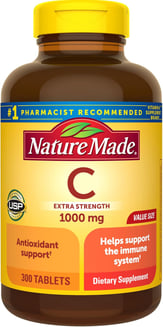

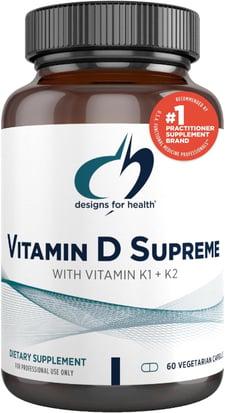

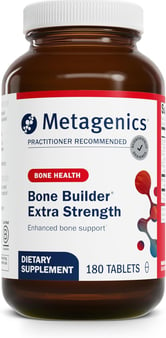

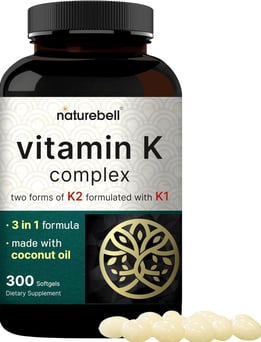

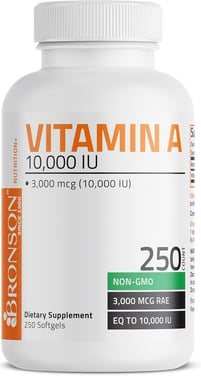

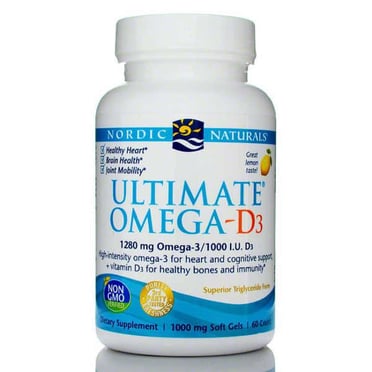



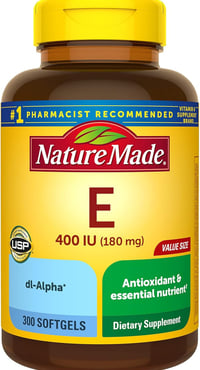

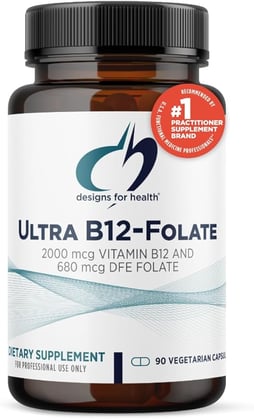

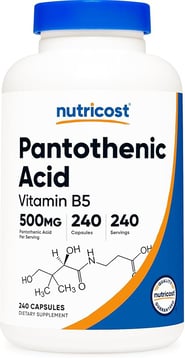

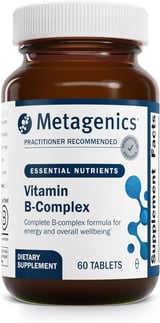

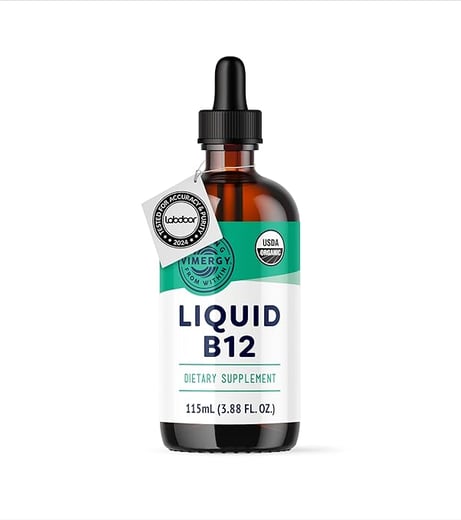

Additional info
Social media coming soon!
Contact us
Newsletter coming soon!
© 2024. All rights reserved.
